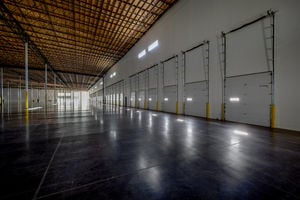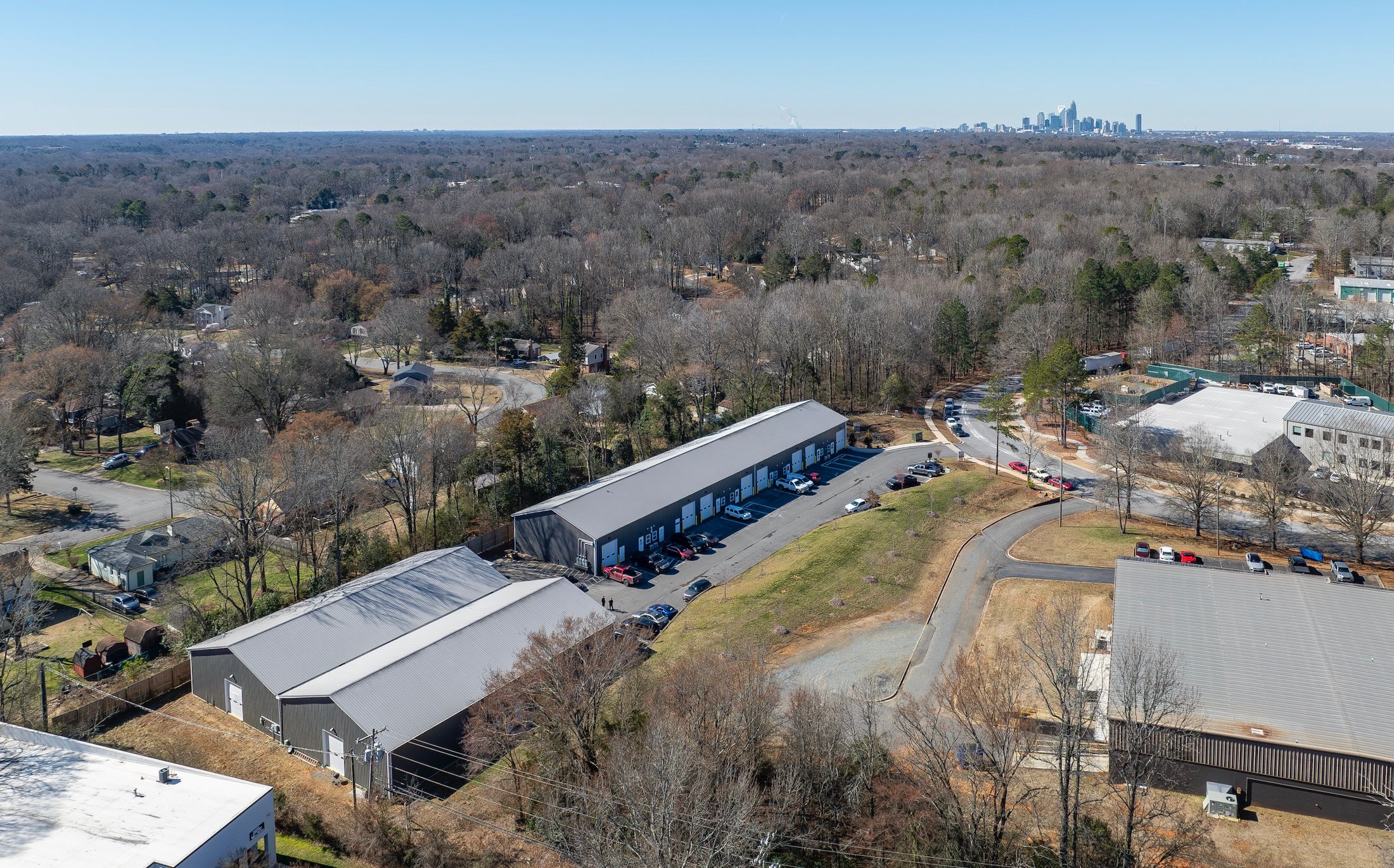Flex space has quickly emerged as a prominent player in commercial real estate, offering versatile workspaces for companies and entrepreneurs alike. Despite its rapid growth, misconceptions about this asset class persist. At QC Capital Group, we pride ourselves on providing clarity and informed perspectives for our investors, especially when it comes to emerging opportunities like flex space. Below, we’ve debunked six common myths that often cloud the conversation around flex space investing.
Myth 1: Flex Space is Just for Startups
The Truth: While flex space initially attracted startups and small businesses, its appeal has grown far beyond that. Large enterprises, including tech giants and Fortune 500 companies, are now adopting flex space to provide employees with more flexible work arrangements. With the rise of hybrid work models, companies of all sizes are using flex space to adapt to the changing needs of their workforce. This diversity in tenants increases the stability and resilience of flex space investments.
Myth 2: Flex Space is Just a Passing Trend
The Truth: Flex space is not a temporary fad but a response to long-term changes in how businesses operate. The rise of remote work, the need for scalability, and the demand for agile office solutions have cemented flex space as a staple in the commercial real estate market. According to industry forecasts, the sector is expected to continue growing, with flex space becoming a permanent fixture in business operations worldwide.
Myth 3: Flex Space Has Limited Potential for High Returns
The Truth: Flex space offers attractive returns when strategically managed. With shorter lease terms, businesses are more likely to remain flexible, meaning turnover can lead to increased rental rates. Flex space properties typically offer better occupancy rates due to their adaptability, appealing to a broader range of tenants. As demand for flexible office space continues to rise, investors can capitalize on both higher yield opportunities and long-term asset appreciation.

Myth 4: All Flex Space is the Same
The Truth: Not all flex space is created equal. While the broad category of flex space includes coworking offices, creative studios, and other adaptable work environments, each property can vary significantly in terms of design, amenities, and tenant profile. Investors should prioritize location, build quality, tenant mix, and the level of flexibility offered. The market’s segmentation means there are many different avenues for investment, each with its own risk and return profiles.
Myth 5: Flex Space Doesn’t Provide Steady Cash Flow
The Truth: Flex space offers potential for consistent cash flow, particularly for properties that emphasize community-building and services that align with tenant needs. As businesses seek more adaptable spaces, flex space offers the flexibility of short-term leases, allowing property owners to adjust rents quickly in response to market conditions. This flexibility not only ensures steady cash flow but can also provide opportunities for rent increases and greater overall profitability.
Myth 6: Flex Space is Too Risky for Conservative Investors
The Truth: While flex space does come with its unique set of considerations, it’s far from being an inherently risky investment. In fact, when managed well, flex space can provide a stable and low-risk addition to a diversified portfolio. As demand for flexible office solutions rises across various industries, investors who take a strategic approach to selecting properties and managing tenants will find that flex space is not only resilient but also aligns with long-term investment goals.
At QC Capital Group, we specialize in alternative investments, including flex space, which allows our investors to explore high-performing asset classes with significant growth potential. As we continue to monitor this sector's evolution, we are committed to providing our investors with the insight needed to make informed, confident decisions.
For more information on how flex space can fit into your investment portfolio, contact us today at [email protected]


